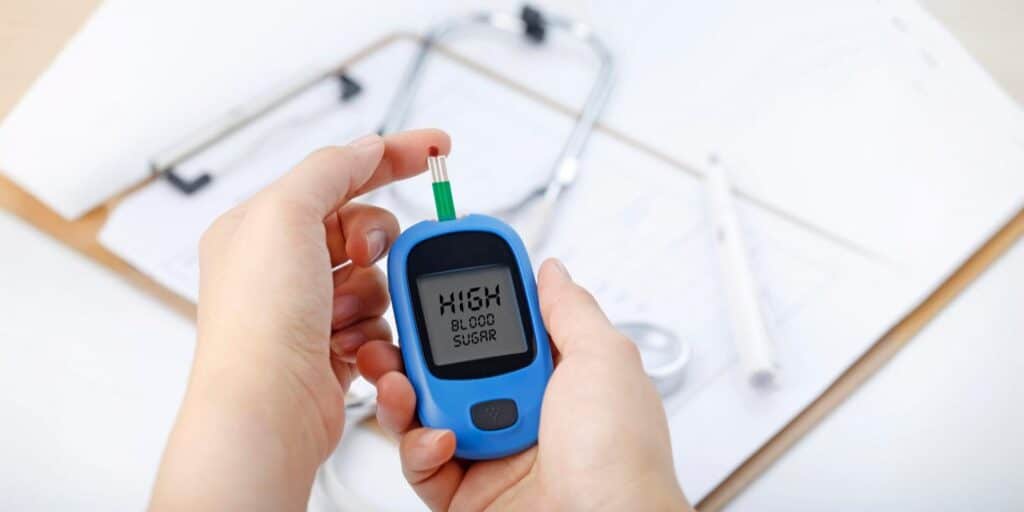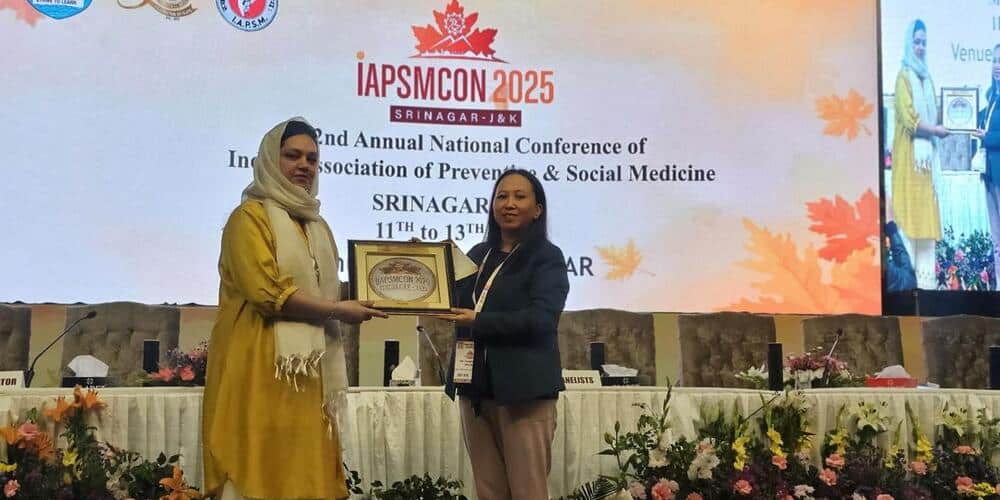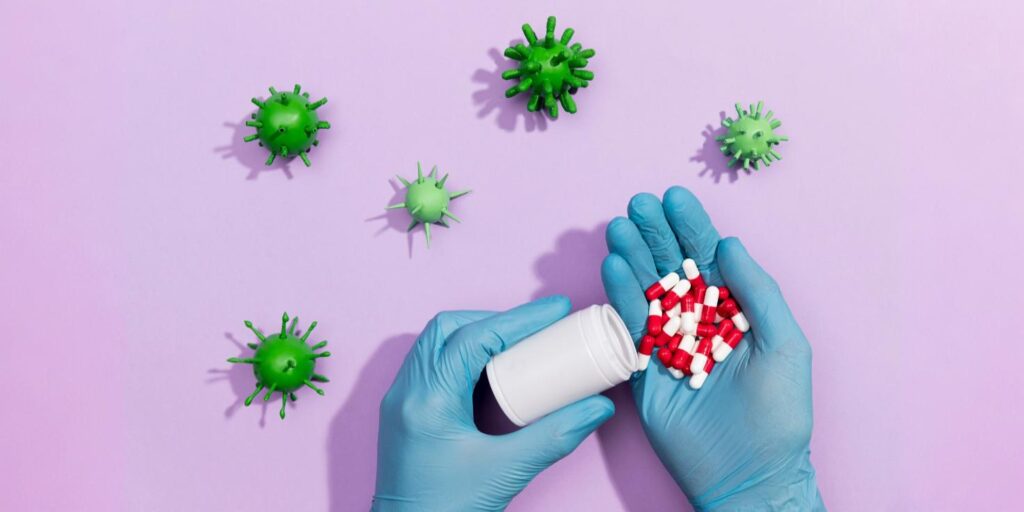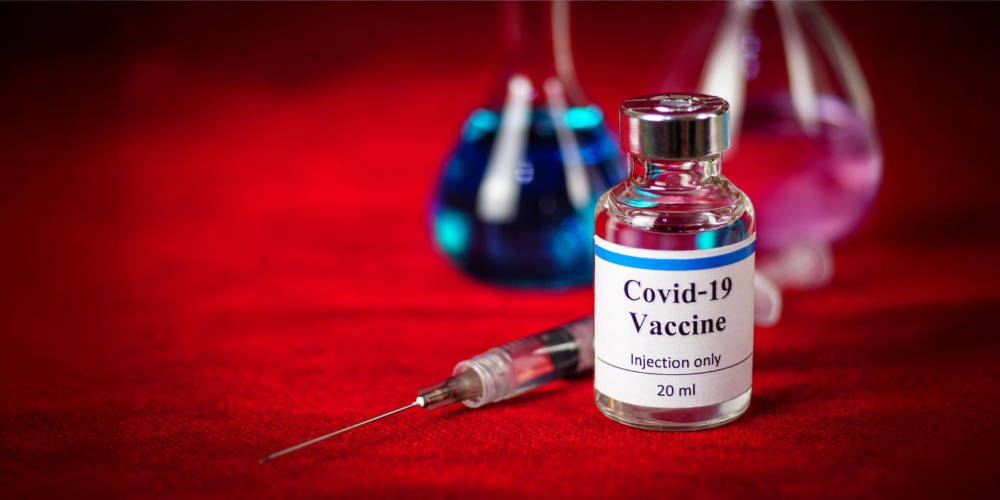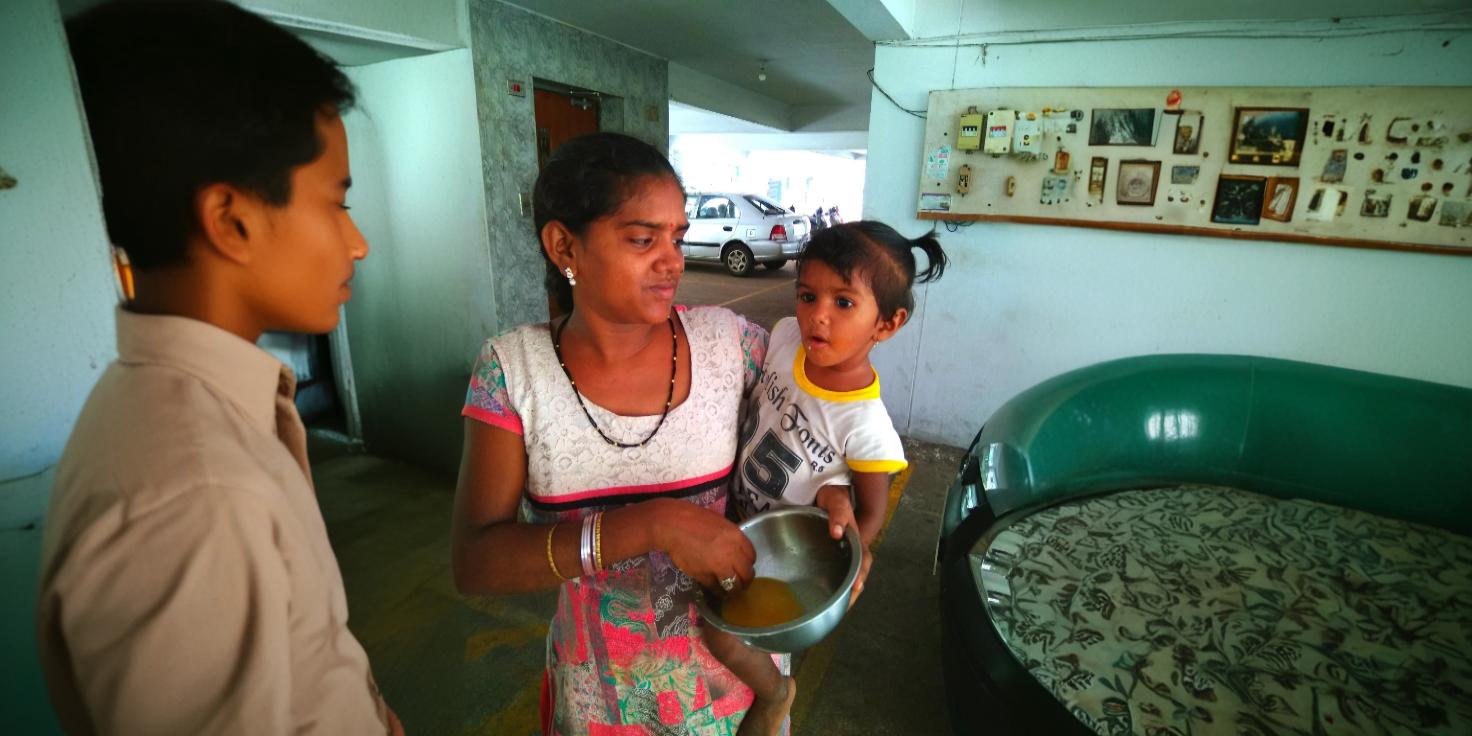IAPSMCON 2025: The 3 biggest takeaways from the event in Srinagar
First Check was thrilled to support the 52nd Annual National Conference of the Indian Association of Preventive and Social Medicine, IAPSMCON 2025, held in Srinagar between April 11-13. Here are our biggest takeaways from the event.
Author
Author
- admin / 1 day

- 0
- 7 min read
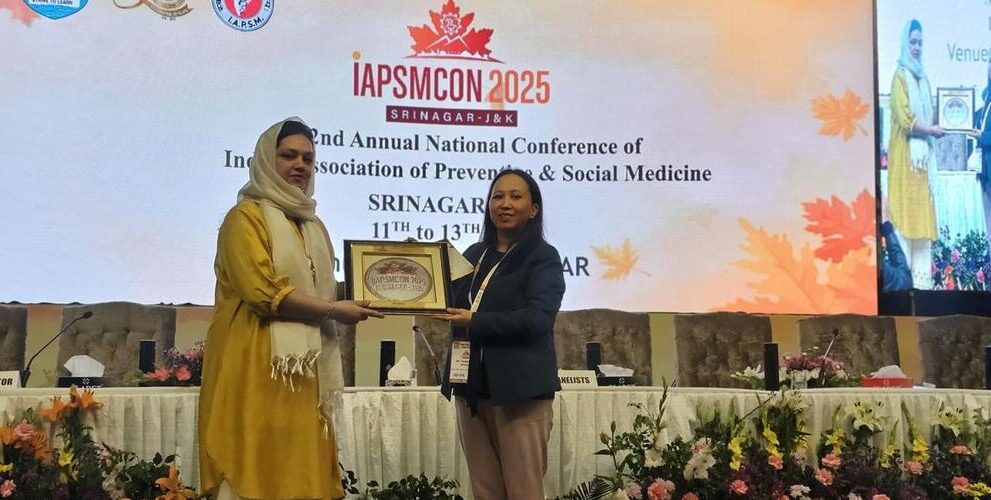
Srinagar: The Indian Association of Preventive and Social Medicine held their three-day 52nd annual conference, called the IAPSMCON 2025, in Srinagar, Jammu and Kashmir, from April 11 to 13, with First Check as partner. The event, which was inaugurated by the Jammu and Kashmir Health and Medical Education Secretary, Dr Syed Abid Rasheed Shah, saw some of the brightest minds in the preventive and social medicine and public health space in attendance, including government officials, policy makers, heads of elite medical institutes and doctors from community medicine, and preventive and social medicine departments.
The three day immersive event, held at the Sher-i-Kashmir International Conference Centre (SKICC), hosted more than 1,270 delegates and 32 co-delegates from all 32 states and union territories. They explored topics around the central theme of ‘Integrative Approaches for Comprehensive Care in One Health,’ resonating with the slogan ‘One Nation, One Health, One World.’ There were 11 plenary sessions at IAPSMCON 2025, including one by First Check on ‘Infodemic Management for doctors and healthcare workers – tools and approaches,’ and 561 presentations.
From the importance of a One Health approach, to ensuring everybody has access to health information, here are First Check’s key takeaways from the event.
IAPSMCON 2025 Takeaway #1: One Health is the future
One Health is “an integrated, unifying approach to balance and optimize the health of people, animals and the environment,” according to the World Health Organization. While it is not new, it appears to have gained much more prominence in recent times, as it recognizes that people’s health is very closely linked to the health of animals and the environment.

The approach is very relevant to India, as the country “carries heightened risks for inter-compartmental spread of diseases,” owing to its “diverse wildlife, one of the largest livestock populations and high density of human population.”
“The Covid pandemic, outbreaks of Lumpy Skin Disease in cattle and the constant threat of Avian Influenza demonstrate the need to address diseases across all sectors. Livestock, wildlife and plant sectors impact productivity, health and conservation aspects. This also opens opportunities for leveraging the complementarity and strengths that are inherent in each sector and devising integrated, robust and agile response systems,” according to the National One Health Mission.
IAPSMCON 2025 Takeaway #2: Research must have real world applications
The Jammu and Kashmir Secretary for Health and Medical Education, Syed Abid Rasheed Shah, in his inaugural address emphasized that any research conducted, should have real-world applicability for it to be useful.
“There is a big disjoint between the research in academics and its real world applicability. It’s important that we address the elephant in the room. The disconnect creates problems for us that we cannot apply what is researched, what is brought out in the labs and the rooms and in colleges and research institutions,” he said, while urging people to think about how to make their research applicable in the real world so that it can inform policy making as well.

“Eventually, we all do this for the benefit of all those people who don’t have access to these fancy rooms and to your offices and to my offices. Sitting in a mountain top in Guraz or Bilawar or Bhasoli, the poor lady, who suffers from diabetes mellitus or cancer or hypertension and is consumed by these diseases in a silent pandemic of NCDs, does not bother about the research that is done in our premier institutions unless it impacts her life positively,” he said.
He highlighted the way to ensure this is to involve the practitioners, doctors, paramedics, and others who are working on the ground, to understand their pain points and to see if the research actually addresses the issues they face.
IAPSMCON 2025 Takeaway #3: Medical research needs to be accessible to the masses
Dr Shah also emphasised the need to reduce jargon and use plain language in the medical research, to make sure that it is accessible to all.
“We like to wrestle mentally with the keyboard as to how flowery and how belligerent and how nice and how wonderful and embellished our language is… That person, who needs to read your research, they don’t understand it,” he said.

This has been a matter of concern in some circles for a while now. A study, which spoke of how historically these things have been inaccessible to patients and public, suggests that “any topic can be explained in a simple way, particularly if the fine detail is not essential for comprehension.”
“By practising writing clearly, conscientiously and in an engaging manner for a general audience, researchers and clinicians can open up the world of science and medicine, and empower people to become involved and interested in these topics. In an age where information is more available and not always reliable, skills in communicating accessibly can help academics and professionals to direct the narrative around health and disease for the benefit of patients and the general public,” it said.
Lack of access to good information, can lead to misinformation
At First Check, we understand the need for this access to credible and trustworthy health-related information. People may fall prey to misinformation, if they are denied access to good information.
When health related information is hidden behind a wall of medical and scientific jargon, it may alienate the common man. They would instead turn to the barrage of information that is available in plain language, especially online; however, not all of this vetted and could include misinformation.

Our ongoing research has found that health-related misinformation is among the most prevalent types of misinformation spreading online in India. Short-form videos are the biggest vectors for health misinformation in India; and in fact, 20–30% results on YouTube about emerging infectious diseases were found to contain inaccurate or misleading information.
This kind of misinformation can also have real-world consequences, including mistrust in health systems and can even cost lives. We have seen this play out in recent times in India. For instance, in Kerala, there have been multiple cases of women losing their lives after they chose to give birth at home, instead of going to hospitals. This was a consequence of multiple campaigns, both online and offline, dissuading women from visiting healthcare facilities during pregnancy or for childbirth. The situation has become dire enough for the state to respond, and threaten legal action.
We understand that if we want people to make well-informed choices and decisions about their health, they first need access to good information. First Check ensures that everybody has access to credible and verified information, so that you don’t have to second-guess yourself while making decisions about your health. Because the cost of health-related misinformation is too high to bear- both literally and figuratively.
Also read: UP Man Tries DIY Surgery After Watching YouTube Videos
Do you have a health-related claim that you would like us to fact-check? Send it to us, and we will fact-check it for you! You can send it on WhatsApp at +91-9311223141, mail us at hello@firstcheck.in, or click here to submit it online.
